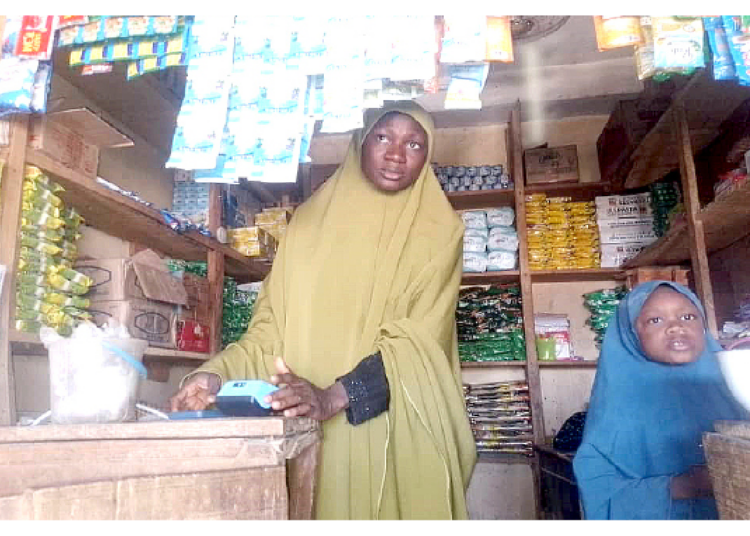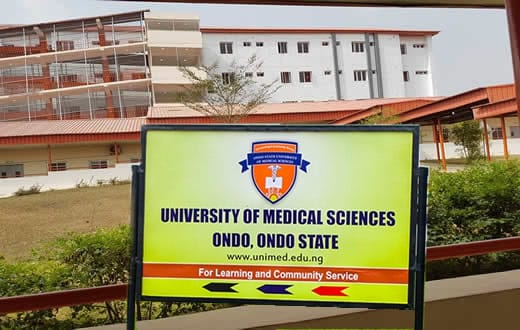A report produced by MFWA’s Digital Public Infrastructure (DPI) Fellow Kamal Ibrahim has led to the authorities distributing 7,000 Point-of-Sale (PoS) machines to market women and young traders in Bauchi State, Nigeria. The intervention followed Kamal’s story exposing how lack of access to digital financial tools hindered business growth and financial inclusion.
Bauchi’s bustling markets rely heavily on cash transactions. While some traders used PoS machines to serve customers who preferred digital payment options, many market women lacked access to the devices. As a result, they lost customers to competitors who could accept electronic payments. This situation widened the digital divide and excluded thousands of women from Nigeria’s rapidly expanding digital financial ecosystem.
In early 2024, Kamal, a reporter with Leadership and a participant in MFWA’s DPI Journalism Fellowship published the story: ‘Women Traders In Northern Nigeria Thrive With PoS Technology, Overcome Hurdles.’ In the story, he showed how PoS technology fosters financial inclusion but also highlighted the struggles of women who lacked access to the devices. His evidence-based reporting prompted the Federal Government of Nigeria and the Bauchi State Government to take action.
Through the Nigeria Community Action for Resilience and Economic Stimulus (NG-CARES) programme, authorities distributed 7,000 new PoS machines to market women and youth to support their business operations. This timely response enabled thousands of traders to embrace digital transactions and strengthened local economic participation.
Kamal credits the MFWA DPI Fellowship for enhancing his data-driven reporting skills.
“While producing the original story that inspired this change, I applied key Digital Public Infrastructure reporting skills: analysing open financial datasets from the Central Bank of Nigeria (CBN), Nigeria Inter-Bank Settlement System (NIBSS), SIIP reports, and the GSMA’s State of the Industry Report on Mobile Money,” Kamal told MFWA.
He combined data analysis with interviews, fact-checking, and impact-driven storytelling to expose the gaps that government authorities later addressed. This story was one of six investigative outputs required under the DPI Journalism Fellowship, which trains journalists to identify DPI-related challenges in their communities, investigate them, and publish evidence-based stories.
The intervention resulted in significant improvements for market women and youth in Bauchi State. More than 7,000 traders received PoS machines, enabling them to accept digital payments, retain customers, and expand their businesses. For many, this marked their first entry into Nigeria’s growing digital financial system, opening doors to increased earnings and greater market competitiveness.
The response from government authorities demonstrated a clear recognition of community needs. By acting on evidence highlighted in Kamal’s reporting, both the Federal Government of Nigeria and the Bauchi State Government strengthened financial inclusion through practical support that directly benefited low-income earners, particularly women.
Beyond the immediate economic benefits, the development also underscored the power of journalism to influence public policy and service delivery. The story spurred greater advocacy for equitable access to digital tools and deepened public understanding of the challenges that marginalised traders face. It affirmed the role of informed reporting in catalysing responsive governance and highlighted how investing in data-driven journalism can drive meaningful social change.
About the DPI Journalism Fellowship
The Digital Public Infrastructure (DPI) Journalism Fellowship is a flagship initiative of the Media Foundation for West Africa (MFWA), implemented in partnership with and with funding support from Co-Develop. The Fellowship trains journalists across West Africa to understand, investigate, and report on the region’s digital public infrastructure transformation. Fellows learn to produce evidence-based stories that raise public awareness, drive accountability, promote inclusivity, and encourage active participation in digital innovations.
Since its inception in 2023, the DPI Journalism Fellowship has trained 65 journalists from 10 West African countries. Collectively, the DPI Fellows have produced over 370 stories on issues of digital IDs, digital payment systems, data exchanges and other digital transformative processes. Through the Fellowship, MFWA and its partners are nurturing journalists who contribute to ensuring that digital progress benefits everyone and advances good governance across the region.






